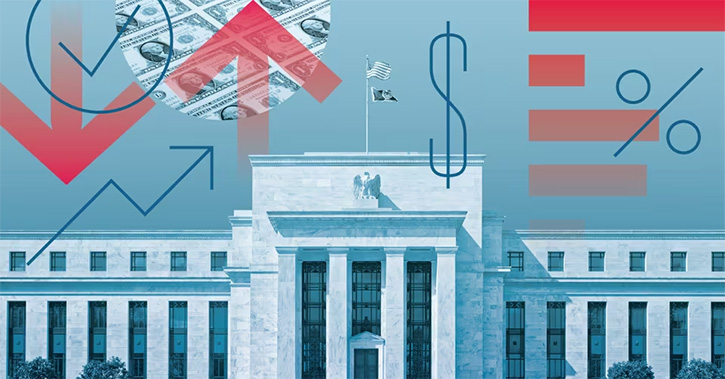In order to stand out from what is a very large crowd, fund managers will tell investors their process is unique, or differentiated from their many peers. Often, though, that differentiation will be nuanced, or negligible. Many times, it still leads them toward the same stocks.
One investor who looks at companies through a rather distinct lens is Jeremy Lang, founder of Ardevora Asset Management. His process starts with a distrust of management.
He subscribes to the thinking of 19th century historian Lord Acton, who once said: “Power tends to corrupt and absolute power corrupts absolutely. Great men are almost always bad men.”
While Lord Acton was talking about politicians, Lang says the corporate world is similarly laden with these people. “Being a CEO of a large company gives you a lot of power over a lot of people,” Lang said at an investment summit run by South African asset manager Nedgroup. “The paths to corporate power are far more open than political power.”
Lang says while describing chief executives as psychopaths may be a stretch, there are “a bunch of recognizable traits” it could be argued they share. These include superficial charm, grandiose self-worth, need for excitement, pathological lying, being manipulative and callous having a lack of guilt and exhibiting promiscuous sexual behavior.
“Sociopathic traits are a diluted version of these,” he continues. “They’re more like unusual selfishness, extreme over-confidence, a disregard for rules, a love of risk and somewhat liberal attitude to the concept of truth.”
There is now a lot of evidence, most notably from professors like Clive Boddy and Kevin Dutton, suggesting people with psychopathic tendencies are likely to be drawn into a large corporate environment in pursuit of power.
“I don’t believe every CEO is a psychopath,” Lang says. “But it does seem that any system-like business which can naturally attract these sorts of people and then reward their success is likely to produce leaders with a personality profile closer to a sociopath than normal.
“So, for me, it seems sensible to assume that your average CEO is more likely to behave like a sociopath than not. I don’t think it’s smart to trust people like that.”
When is it safe to back a sociopath?
One would be forgiven for thinking that picking stocks from this starting point would be near impossible. Despite this, in his Ardevora UK Equity fund, Lang has managed to build up a long portfolio of 30 holdings – he also shorts stocks he doesn’t like.
Lang explains there are two seemingly conflicting scenarios “that can potentially tame a more sociopathic person like a CEO”. One is in an environment where a CEO can attain “unusually easy growth”.
“CEOs like chasing success and success in the corporate world is generally about growth. You want to make your company bigger so you’ve got more status and you’ve got more people to boss around,” says Lang.
“If you can find companies where growth is unusually easy, you are giving CEOs what they desire. This means that they’re less likely to do anything really stupid.”
Examples of this from his global equity fund mainly include technology names – “controversial businesses like Amazon (AMZN) and Facebook (FB)” – and software businesses like Workday (WDAY), which “are really hard to mess up”.
“We don’t make great claims that we can see growth that no-one else can see; it’s the type of language that a manager will use if he feels like he’s in control of the situation and he finds it really easy to hit his targets.”
The second scenario is at the opposite end of the scale – after a business has hit rock-bottom and the CEO is in a place where investors no longer trust them or their business. For example, when a boss has, over a long period, over-promised but under-delivered.
“When a company has evolved to a place where nobody trusts the business, and by association the CEO, this encourages them to behave in an interesting way,” Lang continues.
“His priority now is to win back trust. He needs that to elevate his status back up to a level where he can then exert some more power. The best way for him to do this is to do what he doesn’t normally like doing, which is reduce risk in his business.”





















